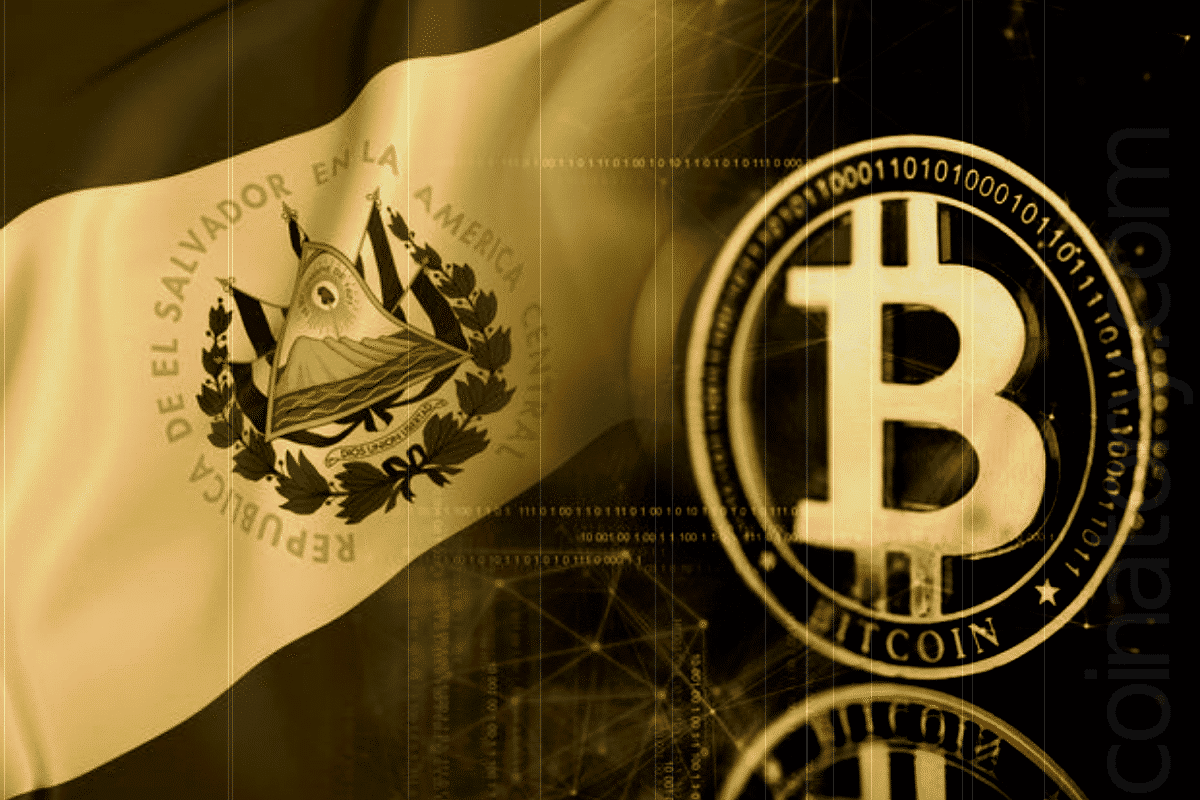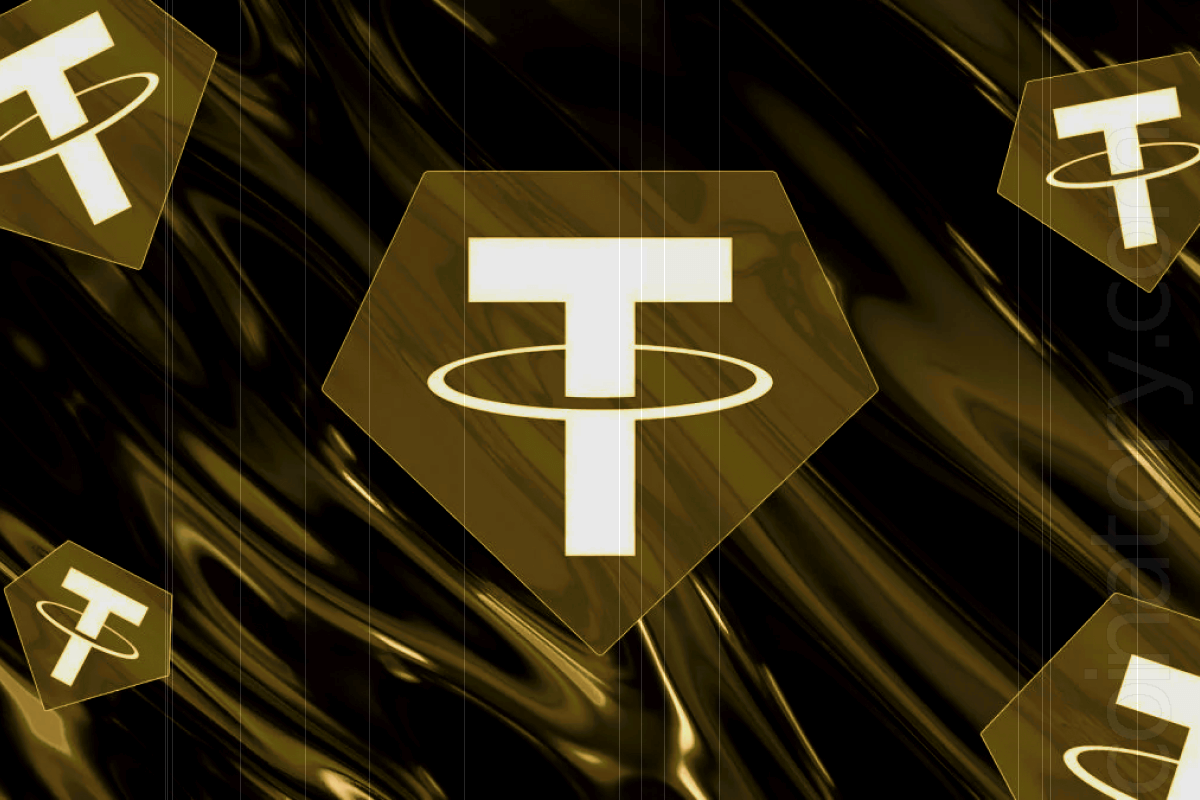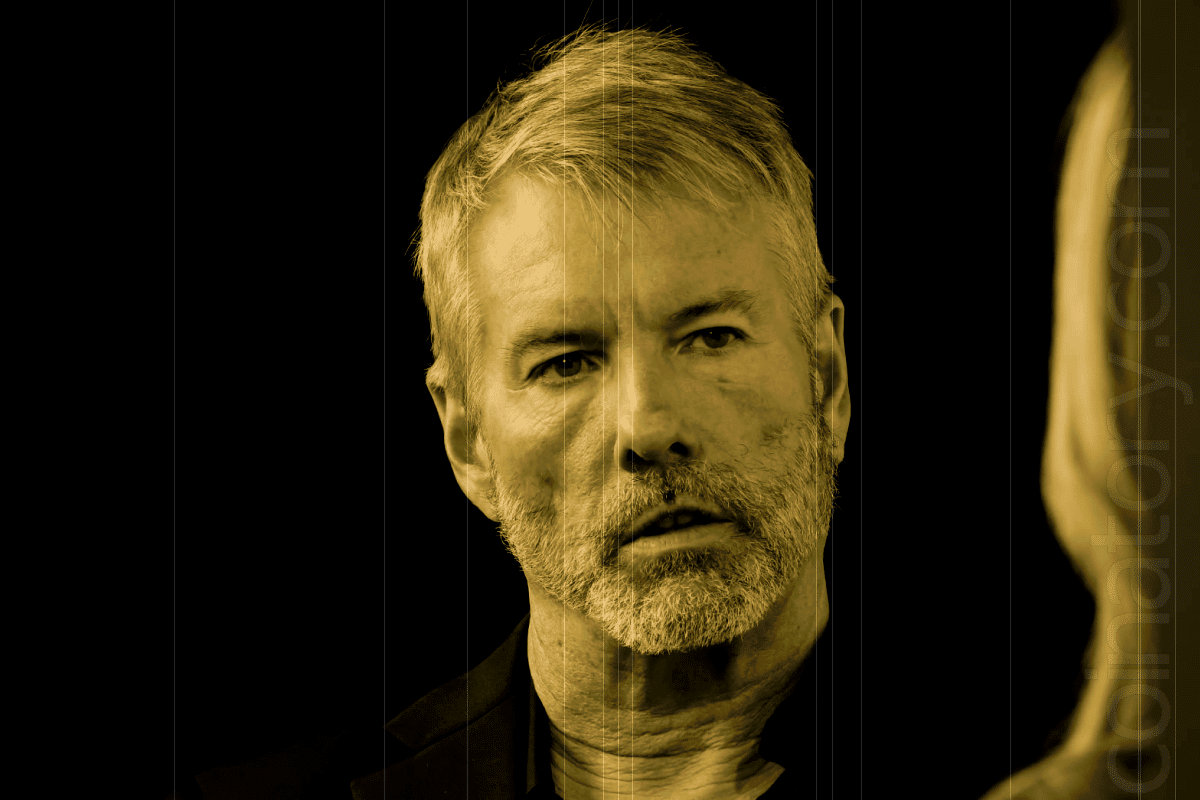
Coinbase has declared that, in accordance with the Markets in Crypto-Assets (MiCA) regulatory framework, it will delist a number of stablecoins for European users, including Tether (USDT). The modifications, which go into effect on December 13, represent a dramatic transformation in the European Union’s bitcoin environment.
The action targets stablecoins like as Tether, PAX, PYUSD, GUSD, GYEN, and Maker’s DAI that are thought to be in violation of MiCA regulations. However, as Circle has already obtained a European stablecoin license—the first granted under MiCA—Coinbase will continue to enable trade for Circle’s stablecoins, USDC and EURC.
Discussions concerning Tether’s future in the area have been triggered by its delisting from Coinbase Europe. The market-dominant stablecoin, valued at $140 billion and widely used in emerging economies, has not yet released a formal statement. Representatives of Tether have not yet responded to requests for comment.
For months, there have been worries about how MiCA may affect stablecoins. In August, Tether CEO Paolo Ardoino acknowledged the regulatory difficulties and said that MiCA would endanger stablecoin operations. Although Tether has not yet provided a comprehensive plan to deal with these limitations, Ardoino reaffirmed the company’s dedication to European customers.
Tether’s growth strategy has mostly concentrated on regions in Latin America and Southeast Asia, even if the European Union is a significant economic region. By investing in Bitcoin, mining infrastructure, and U.S. Treasury Bills—the latter of which may provide benefits under upcoming stablecoin rules in the United States—the company has also strengthened its financial positioning.
If the delisted stablecoins—including Tether—achieve MiCA compliance, Coinbase may allow them to reappear on its European platform. This development highlights how the EU’s crypto asset management landscape is changing as regulatory scrutiny increases globally.







